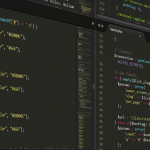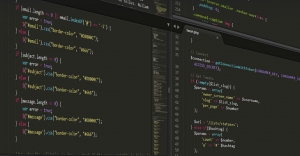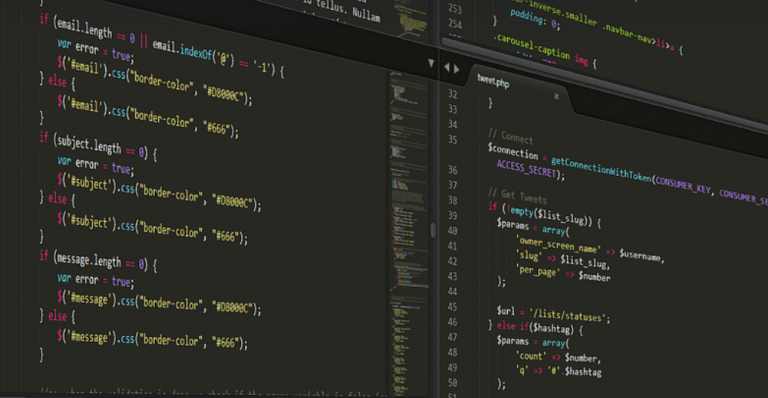From Wardmaid to Wonder Woman: The Rise of Modern Research
Imagine a world where illness was a terrifying mystery, and there were no hospitals equipped with running water or electric lights. This was the reality for most people in the 19th century, the era of Florence Nightingale. A pioneer of nursing who truly revolutionized healthcare, Nightingale’s impact on the field went far beyond her bedside manner. She brought about a scientific approach to understanding and treating disease, laying the groundwork for later generations of researchers.
Nightingale believed in evidence-based medicine, advocating for systematic observation, data collection, and analysis as cornerstones of healthcare improvement. Her work involved meticulously recording patient conditions and studying their outcomes. She also championed hygiene and sanitation practices, recognizing their importance in preventing infections. Nightingale’s dedication to the scientific method paved the way for modern research.
The Digital Revolution: From Charts to Computers
Fast forward a few centuries, and we find ourselves at the dawn of a completely different era of research. Technology has had a profound impact on how scientists explore the world around us. What was once recorded in handwritten notebooks is now easily digitized and analyzed using sophisticated computer programs.
For example, imagine trying to track a population’s health history without medical records systems! That’s exactly what happened before the widespread adoption of electronic patient data management systems. These systems have revolutionized research by allowing scientists to access vast amounts of information in real-time, enabling them to make informed decisions and develop new treatments faster than ever before.
The advent of high-powered computers has also allowed researchers to analyze massive datasets more efficiently. Imagine having to manually calculate correlations between different variables – a tedious and time-consuming task. Now, powerful algorithms can sift through terabytes of data in minutes, uncovering hidden patterns and trends that would have been impossible to detect before.
The internet has become another game changer in the world of research. It’s not just about accessing online resources. In fact, a whole new field of “citizen science” has emerged where individuals are contributing real-world data through apps and websites. This collaborative approach is changing how research is conducted, as it empowers ordinary people to participate in scientific endeavors.
Going Beyond the Lab: Real-World Applications
The true magic of modern research lies not just in its theoretical foundation but also in its practical applications. Research now extends far beyond laboratory walls and into real-world situations, addressing pressing global issues like climate change, poverty, and disease.
Scientists are deploying innovative technologies to monitor deforestation, study the effects of pollution on ecosystems, and develop sustainable solutions for agriculture. A classic example is the use of drones in disaster relief efforts, helping firefighters reach remote areas quicker and more efficiently than ever before.
Ethics at the Forefront: Navigating a New Landscape
With the growing digital age comes new challenges in ethical research practices. The rise of artificial intelligence (AI) has opened up exciting opportunities for research, but it also raises questions about data privacy and bias within algorithms.
Transparency and accountability are becoming increasingly important in research. It is imperative that the methods used in research are transparent to ensure they can be evaluated by others and that there is minimal risk of unintended consequences.
The ethical considerations surrounding genetic engineering, for example, require a careful balance between pushing scientific boundaries and ensuring social responsibility. The use of AI in medical diagnoses also requires careful consideration of the potential for bias in algorithms and how to mitigate its negative impact on vulnerable populations.
A Global Network: Collaborations Unlocking Potential
The world is shrinking, literally! Communication is faster and easier than ever before. This has led to global collaborations between researchers from all corners of the globe.
Imagine a scenario where researchers in Brazil are working with counterparts in Japan on a project to develop eco-friendly agricultural practices, while experts in India collaborate with those in China on a research program focused on improving healthcare access for rural communities. This interconnectivity is leading to unprecedented breakthroughs and knowledge sharing.
The Future of Research: Endless Possibilities
As we move forward into the unknown territories of 2024 and beyond, research continues to evolve at an astonishing pace. New technologies are emerging that will further revolutionize how we understand the world, from nanotechnology’s ability to manipulate matter on a molecular level to quantum computing’s potential to solve complex scientific problems.
It is likely that we will witness exciting new advancements in areas such as personalized medicine, where treatments are tailored to individual genetic differences. Imagine a future where diseases are prevented before they even occur thanks to early detection techniques and targeted therapies.














